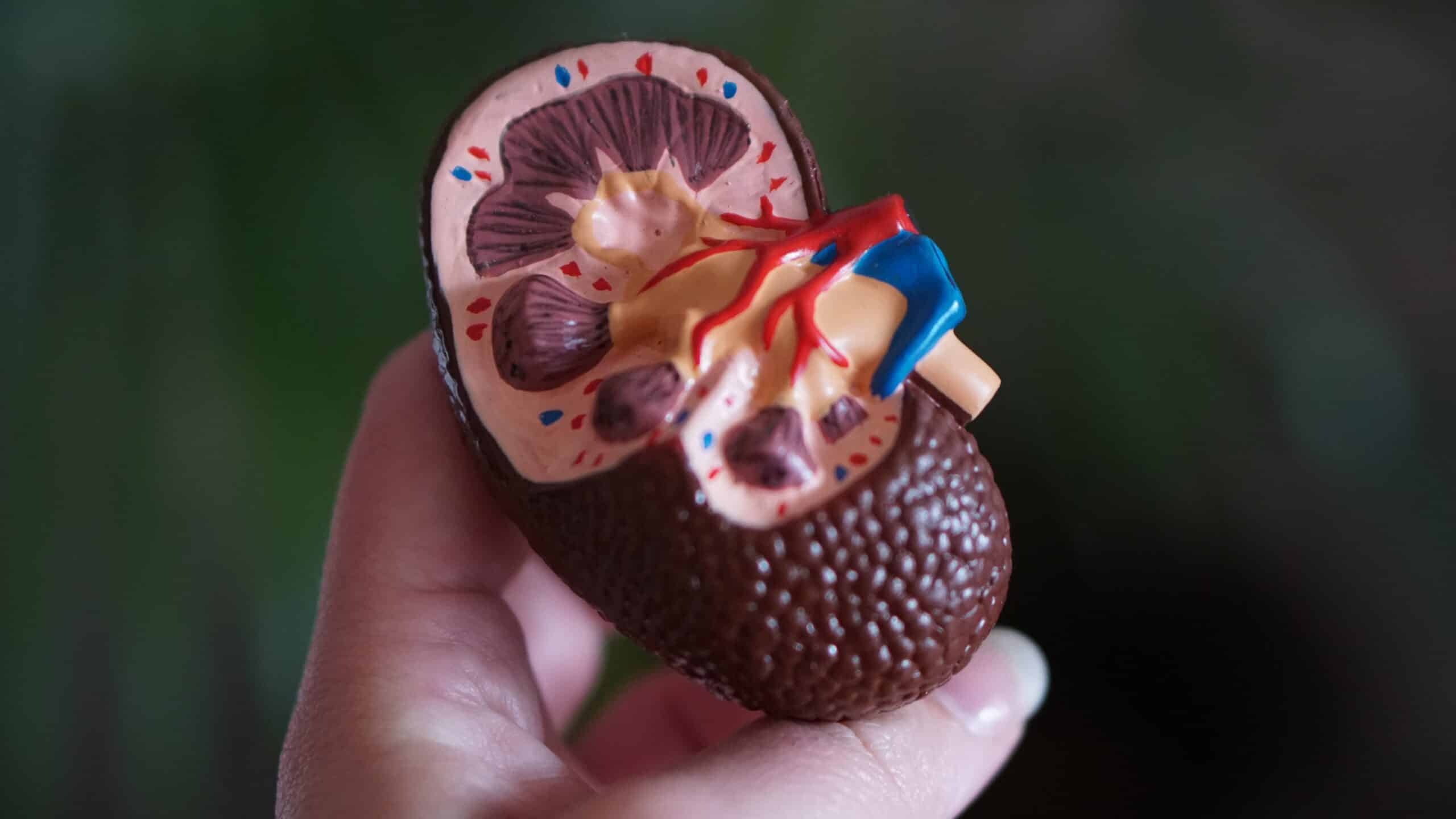As you work through your treatment plan, you participate in a number of programs and therapies that help you. You learn why you might have begun abusing drugs, how you can avoid substance abuse in the future, and the importance of a support system after treatment. One of the most important things discussed is your triggers. As you discuss triggers, you also discuss healthy coping skills that help you deal with these triggers instead of abusing harmful substances. Learning about healthy coping skills, stress management, and other essential tools is crucial in staying accountable and focused on your recovery journey.
What Are Coping Skills?
When a person copes, they are making a conscious effort to solve problems on an interpersonal and personal level. This problem solving is to help work through stress and conflict in a way that is healthy and effective.
However, there is a significant difference between healthy coping skills and unhealthy methods. Unfortunately, many individuals will use harmful substances to cope with the stress they’re experiencing. By using alcohol or prescription medications to self-medicate, they lead themselves at risk for addiction. To avoid addiction altogether or to prevent relapse after treatment, it’s crucial for individuals to learn healthy coping skills.
Practicing Healthy Coping Skills
Healthy coping skills will allow you to work through your triggers without feeling the need to return to abusing drugs or alcohol. Common triggers that require coping skills include the following:
- Social events where substances are present
- Stress from specific situations or daily activities and responsibilities
- Isolation from others
- Relationships turmoil from disagreements to breakups
- High emotions from upsetting situations
These triggers can be managed with the right coping mechanisms in place.
Some healthy coping skills include the following:
- Being honest with yourself and with the people around you about your feelings, cravings, and addiction
- Practicing relaxation techniques like breathing exercises to deescalate a situation
- Journaling to track your thoughts and emotions
- Avoiding triggering environments or situations as best as possible
- Attending meetings and other alumni events to hold yourself accountable
As you learn about each coping skill, you also learn how to utilize them in your everyday life. Therapy sessions will also teach you how to work through triggering situations to prevent relapse. While you may do your best to avoid placing yourself in triggering predicaments, they are sometimes unavoidable. Having a plan on how to cope can help you stay on the right track and avoid relapse.
Addiction Treatment Programs at Lakeview Health
At Lakeview Health, we believe in providing a full continuum of care for our clients in order for them to succeed. This is why we teach healthy coping skills, life skills, and stress management techniques through our variety of addiction therapy modalities. Our comprehensive approach to treatment can make a difference in your recovery journey.
Our addiction therapy services include the following:
- Cognitive-behavioral therapy
- Dialectical behavior therapy
- Individual counseling
- Group therapy
- Family therapy
- Yoga therapy
- Art therapy
- Experiential therapy
Our alumni network plays a large part in teaching coping skills because it helps keep our clients connected and accountable. One of the most effective ways to cope is to reach out to those who can listen and understand what you’re going through. Our alumni program creates that connection and helps individuals stay on their path to recovery.
To learn healthy coping skills and begin your journey towards long-lasting recovery, contact Lakeview Health today.
Lakeview Health strives to keep our clients and staff safe during the current COVID-19 pandemic. Learn about new guidelines and updates today.
We currently accept Aetna, Cigna, and United Healthcare. We do not currently accept Medicare, Medicaid, or Florida Blue.



